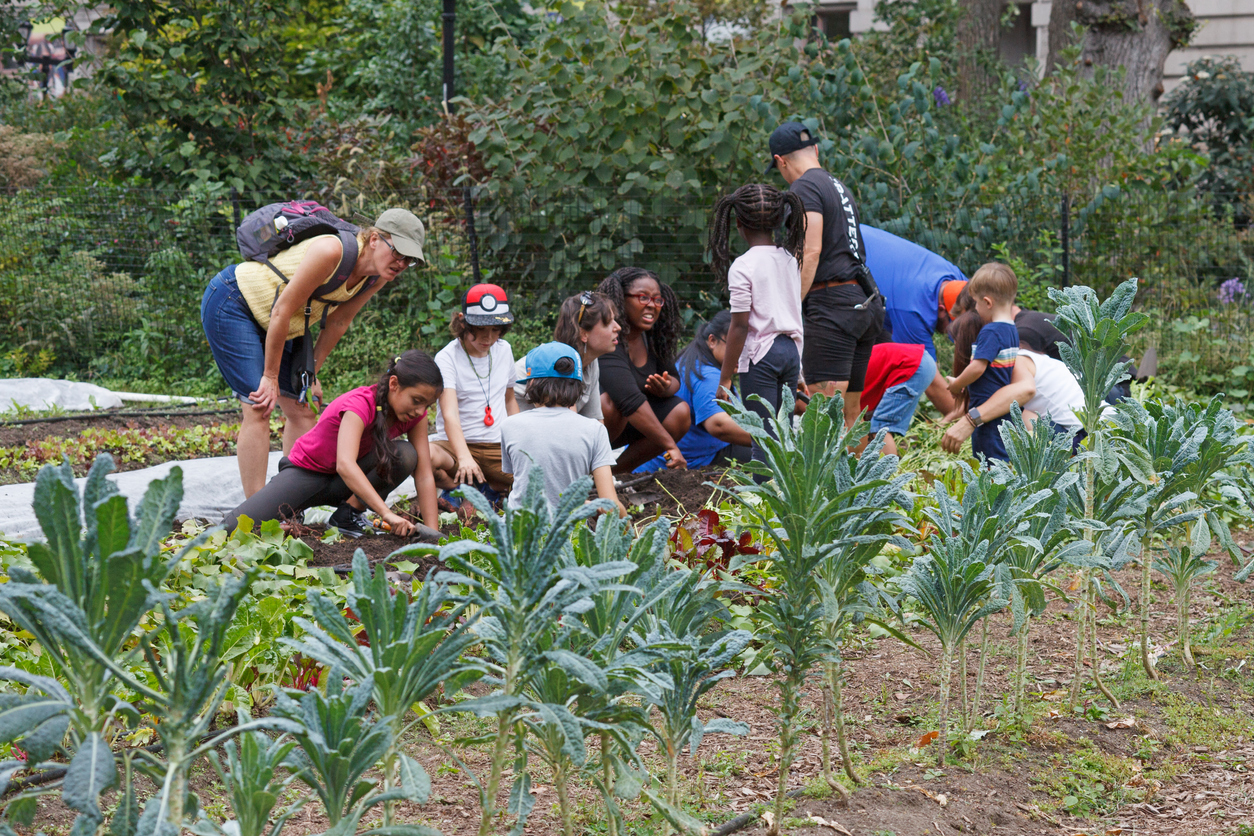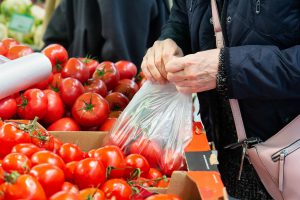Over the last several decades, researchers have studied the nexus of food production and water and energy consumption, recognizing the need to analyze these elements as a complex system rather than as discrete resource inputs and outputs.

In a recently published paper, Associate Professor Nevin Cohen and colleagues argue for expanding the scope of nexus research to incorporate human motivations, practices, and outcomes in addition to material resources, especially when analyzing urban agriculture projects.
The paper presents methods used in a three-year, five-country study of the food-energy-water nexus of urban agriculture (FEW-Meter). The research, supported by the Sustainable Urbanisation Global Initiative with U.S. funding from the National Science Foundation, engaged urban farmers and gardeners across 89 sites in detailed data collection over two growing seasons to quantify the material and human resources involved in growing food. They found that resource intensity and food productivity varied significantly based on the knowledge, attitudes, motivations, and behaviors of the individuals involved. The practices of the farmers and gardeners also resulted in diverse benefits, including health and wellness, social interaction, and self-confidence.
The paper concludes that as urban policymakers consider scaling up urban agriculture, understanding the full impacts of this practice—positive and negative—requires nexus research that includes both human and physical variables.
“While there is general agreement that urban agriculture produces many benefits beyond fresh vegetables, most policymakers still focus on the size of the harvest,” Cohen says. “Our paper explains that motivations and practices affect resource efficiency and social impacts and shows how urban agriculture researchers can measure these human variables.”




